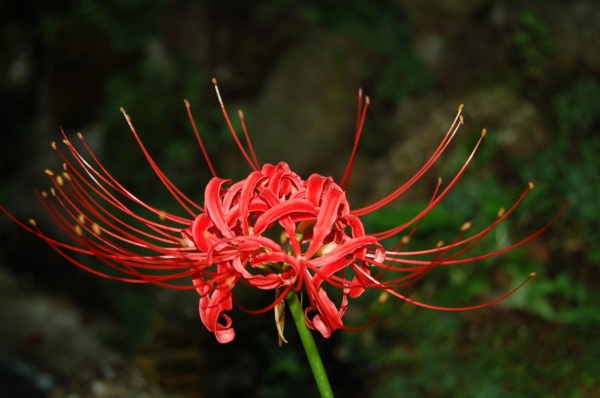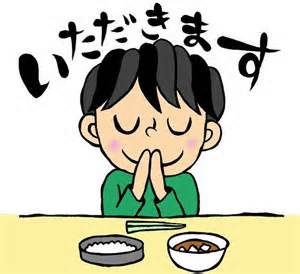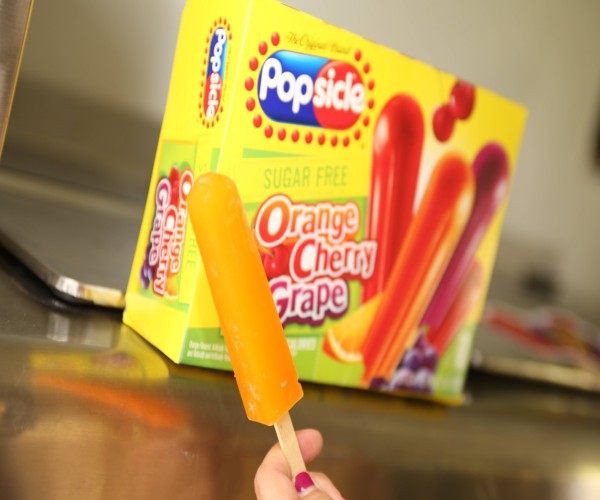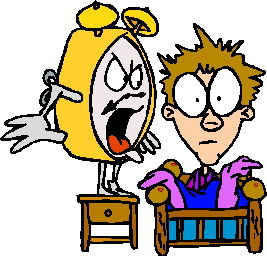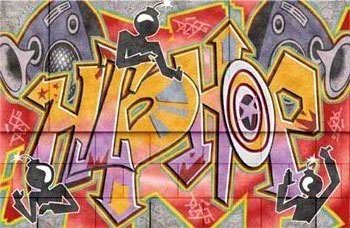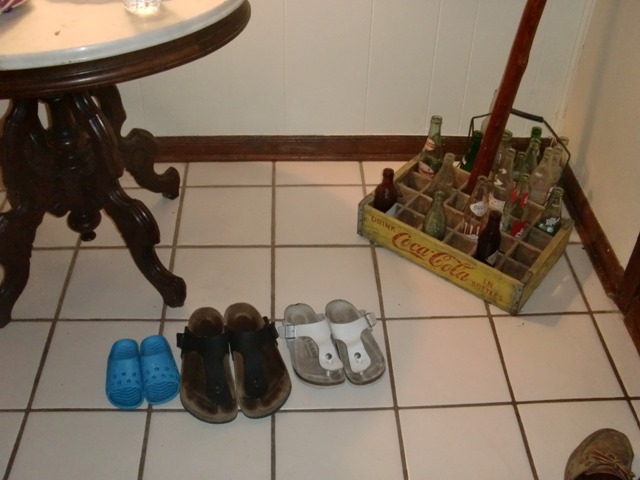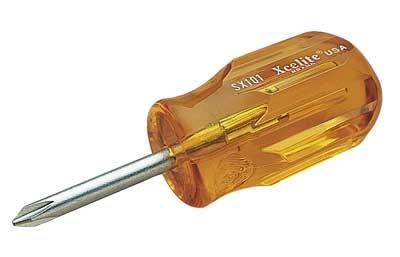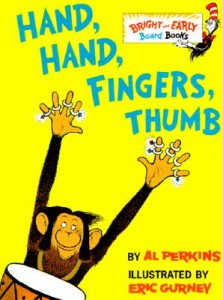
Whether it`s tennis, cooking, skateboarding or whatever, most people who are
really good at something get that way because they make a consistent effort to
improve. English is very much the same. There is no secret method to getting
good at English, you just have to work hard. We hope our school is helpful for
you to improve your English, but please don`t limit your learning to just your
time in class. If you really want to improve your English you should think about
making it a daily habit, and with that in mind I thought I would write about some
resources that you can use outside of English class.
テニスでも、料理でも、スケボードでも、何でもいいのですが、本当に何かが得意な人達は、
一貫して向上するための努力をしています。英語も同じです。 英語が上手になる秘密のメソッ
ドはありません。 この教室があなたの英語力向上に寄与できればとても嬉しいですが、是非レ
ッスンの時間以外にも英語に触れて欲しいと思います。本気で上達したい場合は、毎日の習慣
にすることが大事です、というわけで、英語の授業以外でも使えるリソースについて書いてみ
ようと思います。
Podcasts
Podcasts are a great way to get some free listening practice with native
speakers. Don`t worry if you can`t understand everything on the podcast,
getting input is the idea here. I think even passively listening (while you are
cooking, walking around, etc.) is also really good. Two podcasts that I would
recommend are Stuff You Should Know and This American Life. Both have a
wide range of interesting topics.
ポッドキャストは、無料でネイティブスピーカーの話のリスニングの練習をするのに最適な方
法です。 ポッドキャストの内容を全部理解できなくても心配しないでください。 料理をして
いる時や散歩している時など、何かをしながらに聞くのもいいと思います。 お勧めのポッドキ
ャストは「Stuff You Should Know」と「This American Life」です。 どちらも興味深いトピッ
クを幅広く扱っています。
SRS system
Another resource I would recommend trying is an SRS system. SRS stands for
spaced repetition system, and these systems show you flashcards and
repetitively quiz you on the items until you have them memorized. I use an SRS
system called WaniKani daily to learn kanji. It`s a really efficient way to learn
and make sure you actually retain the information. There are a few resources
for learning English that use an SRS system, and one that I would recommend
is Memrise. The basic app/website is free, and the free version will cover
everything you need.
もう一つお勧めしたいのは、SRSシステムです。 SRSとはspaced repetition systemの略で、フ
ラッシュカードが表示され、暗記できるようになるまで繰り返しクイズが出てきます。 私はワ
ニカニというSRSシステムを毎日使って漢字を勉強しています。 これは本当に効率的な学習方
法で、あなたが実際に内容を理解しているか確認します。 SRSシステムを使った英語学習のた
めのリソースはいくつかありますが、私がお勧めするのはMemriseです。基本的なアプリ/ウェ
ブサイトは無料ですが、無料版で必要なものはすべて網羅されています。
スタディギア for Eiken
A lot of our (especially younger) students take the Eiken English proficiency
test. One resource our son Kai uses to prepare for the test is the website スタディギア for Eiken. This website has study materials for Grade 5 through
Grade Pre 1, and is free to use with a coupon you get when signing up for the
Eiken test.
当教室では(特に小・中・高校生の)生徒さん達が英検を受験しています。 息子の海が英検対
策に使っている教材の一つに、スタディギア for Eikenというサイトがあります。 このサイトに
は5級から準1級までの学習教材があり、英検に申し込む際にもらえるクーポンを使って無料
で利用することができます。(一部英検に申し込まなくても使える無料部分もあります)
TV shows
If you are looking to get more input via English TV shows and movies, have you
considered Netflix, Hulu or Amazon prime? These are all paid services, but
they are very affordable, and they allow you to watch on multiple devices in
English or Japanese with English or Japanese subtitles.
英語のテレビ番組や映画を介してより多くのインプットを得たいと考えている人は、Netflixや
Hulu、Amazonプライムはどうでしょう? いずれも有料サービスですが、安価で、マルチデバ
イスで英語や日本語の字幕付きで視聴することができます。
social media
Using social media (by the way, we don`t say “SNS” in English, we say “social
media”) can be a good way to practice your English. In particular, there is one
social media platform designed for second language learners, HelloTalk. A user
of HelloTalk posts a “moment” that can be written text or a voice recording. The
other users who are native speakers of your target language can then correct
what you posted. I think this is good because it allows you to focus on things
that are relevant to your life, but keep in mind that the other users who are
making corrections are just random people on the internet.
ソーシャルメディア
(※ちなみに英語では「SNS」を “social media” で表します。
“social media” にもいろいろありますが、インスタグラムやフェイスブック・ツイッターなど1
つ1つのことではなく、全部ひっくるめて “social media”といいます。ネイティブスピーカーに
SNSと言っても通じませんので注意。)
を使うことは、英語の練習には良い方法です。 特に、第二言語学習者のために設計された
HelloTalkというソーシャルメディアのプラットフォームがあります。 HelloTalkのユーザーは、
文章や音声録音の良い「瞬間」を投稿します。 すると、ターゲット言語のネイティブスピーカ
ーである他のユーザーが、投稿した内容を修正してくれます。 自分の生活に関係のあることに
集中できるので良いと思いますが、添削をしている他のユーザーは、インターネット上のラン
ダムな人たちであることを念頭に置いておくことが必要です。
YouTube
Of course, there are lots of good English learning videos on YouTube. Did you
know that our school has a YouTube channel? On our channel we have a
series of short videos looking at some English phrases and giving some tips on
living well. The videos are intended for our adult students, but we have had
quite a few of our younger students say that they have watched them too. And
of course YouTube is a great place to learn and enjoy English songs as well.
The resources in this blog post cover a wide range of ages and English levels.
Hopefully they are helpful for you to make a daily English study habit. And if
you know of other good resources please share them with us and your fellow
students.
YouTubeには良い英語学習動画がたくさんあります。 教室のYouTubeチャンネルも一応ありま
す。 このチャンネルでは、英語のフレーズや生活のヒントを短い動画で紹介しています。 動
画は大人の生徒を対象としていますが、小学生の生徒さん達からも「見たよ」との声を聞き、
嬉しく思っています。そしてもちろん、YouTubeは英語の歌を学ぶのにも最適です!
このブログ記事で紹介したリソースは、幅広い年齢層とレベルで利用できるものだと思います
。毎日の英語学習の習慣化に役立てば幸いです。 また、他にも良い教材をご存知でしたら、ぜ
ひ僕にも教えてくださいね!。

